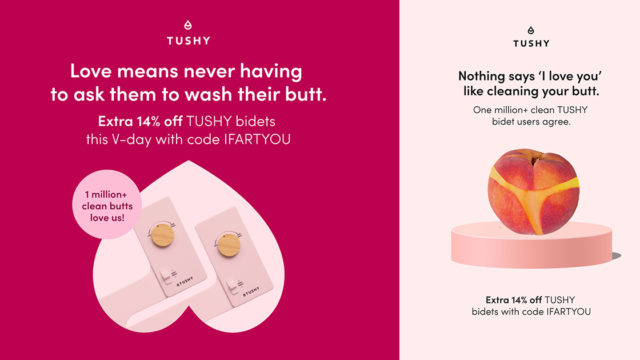The brightest minds in marketing and tech converge at NexTech, Nov. 14–15 in NYC. Get your pass for the latest on generative AI, gaming and more.
The nonprofit Center for Intimacy Justice filed a complaint with the Federal Trade Commission against Meta, accusing the social giant of systemically rejecting advertisements and information from women’s sexual health brands. These rejections lead to suspended accounts, diluted brand messaging and missed marketing opportunities.
The organization, which filed the complaint in March but is announcing the action today, alleges Meta engages in unfair and deceptive trade practices by purporting to allow women’s sexual health brands to advertise on its platform, but in practice rejecting their ads. Several representatives of Congress, including Senators Elizabeth Warren, Amy Klobuchar, Mazie Hirono, Peter Welch and Representative Adam Schiff, signed a public letter sent last week supporting the CIJ’s complaint.
“We have had to water down our messaging, and because we can’t use specific words, our ads are less direct,” said Jenny Dwork, vp of marketing at reproductive healthcare company Wisp, who said hundreds of their ads have been flagged, and that ads that have been approved can be later rejected in future campaigns. “As a result, our mission and brand commitment to destigmatize sexual and reproductive health does get diluted.”
The latest scuffle between sexual health brands and Meta reflects the challenges the social platform has had in balancing free expression with content moderation efforts, intended to make the platform more palatable for users and advertisers. For example, Meta has been found to allow content that violates its policies around climate misinformation and misleading health claims. Meta also has tools to let people report content that could violate its policies, which has led to the accounts of creators receiving backlash being suspended, even if the creator has not actually violated any policy.
Lauren Wang, founder of menstruation product Flex, estimates that the company has lost $10 million in online revenue due to censorship of its ads from Meta and other digital channels since its founding in 2016.
“We use honest portrayals of periods in our marketing and advertising so menstruators everywhere understand that their bodies are beautiful,” Wang said. “Bleeding is completely normal, and periods are nothing to be ashamed of.”
Meta says it allows advertising of sexual health products, so long as they conform to the platform’s policies.
“We welcome ads for women’s health and sexual wellness products but we prohibit nudity and have specific rules about how these products can be marketed on our platform,” said Meta’s spokesperson Ryan Daniels.


